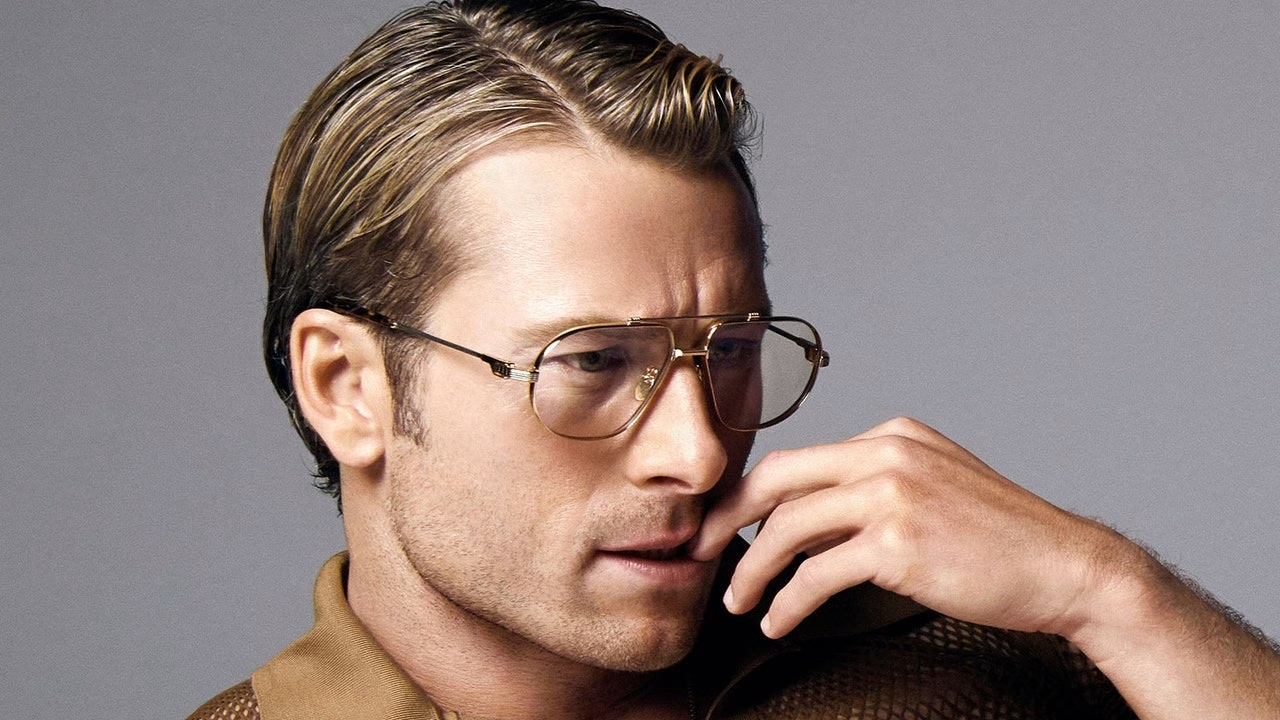There’s a lot of talk about how handsome Glen Powell is and how he’s bringing back the vibe of the old-school Hollywood leading man. But if you want
There’s a lot of talk about how handsome Glen Powell is and how he’s bringing back the vibe of the old-school Hollywood leading man. But if you want to understand who he is deep down, just note that when he got the chance to write his own lead role, he made himself the dorkiest character imaginable—one who masquerades as a succession of increasingly ridiculous figures in outrageous outfits and absurd hair.
That was Netflix’s Hit Man, directed by Richard Linklater, a fellow Austinite who gave him his huge break in 2016’s Everybody Wants Some!! We’re thrilled to have Powell as part of our 2025 Hollywood Issue. Here, he delves into not just his impressive string of hits, but also the lean years when he was a Hollywood nobody. If he happened to get invited to the party back then, he says, he’d have to smuggle in his own drink in a flask because he was so broke.
Vanity Fair: In Hit Man, your character gives a speech in which he talks about living on the edge, and how you’ve got to have some danger and excitement in your life. There are many things not to live your life by in that movie, but that’s not a bad message, is it?
Glen Powell: You don’t want to take all the lessons from it. [Laughs.]
Your filmography is very eclectic. You’ve got romantic comedies like Anyone but You, you’ve got big-budget tentpoles like Top Gun: Maverick, visual-effects action movies like Twisters, you’ve got indie-feeling, cross-genre films like Hit Man. Are you deliberately mixing it up to avoid being pigeonholed?
When it comes to that, the thing I’ve really tried to chase is a feeling, like, “I hope I have it in me,” right? I’m trying to do ambitious things that scare me a little bit, because when they scare you, it means that you have to rise to the occasion.
You don’t just want to do the thing that has already been a success.
I understand why some people would just play the greatest hits. But at the same time, you get into trouble when you’re trying to diversify for the sake of diversification, and you leave the audience out of it. And that’s where I try to be really thoughtful. I try to think, “Audience first,” rather than, “Me first.”
What does the audience want to see? How can I fit into a role that really challenges what I do, where I’m not settling into any sort of groove that feels too familiar or too monotonous? Do you know what I mean?
Shirt by Gucci; glasses by Jacques Marie Mage.Photograph by Gordon von Steiner; styled by George Cortina.

COMMENTS